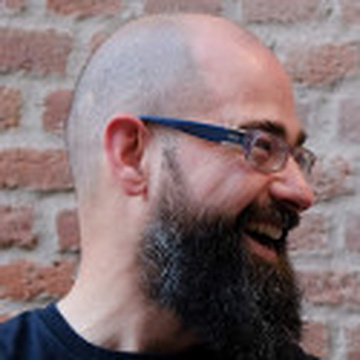Veneto region is where I live, and I love it. This region is working on its local Digital Agenda, and on some guidelines supported by a task force of experts. I had an interview with Gianluigi Cogo, who is the Program Manager of eGovernment Office at the regional government of Veneto, to speak about Digital Agenda and our region’s related policies.
–
(_ Q stands for the question, and A for the answer _)
Q:What is Veneto doing about both the Italian and the European Digital Agendas?
A: Veneto is implementing a strategic document, called “Guidelines for Digital Agenda of Veneto”. This document explains themes, subjects, methods and concrete actions to realize digital standards to the full. The process we are building consists of 3 steps: asking for advice to stakeholders, asking for advice to local communities and realizing long-term projects (thanks to the EU structural funds).
Q: Are data reuse and practice reuse heart-felt themes? What do you think is the perception of these topics in Veneto?
A: These are cornerstones of Digital Agenda. We think that data promotes both transparency of the public sector and new digital jobs and savings. We are referring to what is commonly called “data as service”. Open data will soon be a strong base for valuable services and applications. Thanks to that, new business opportunities will be available.
Q: In 2012, Veneto published dati.veneto.it. What kind of feedback did it receive?
A: Currently, we are collecting existing datasets. We are, also, making known the web platform. There weren’t big problems or oppositions. Now, the goal is to apply metadata to reach Linked Open Data standards.
Q: Which kind of problems did it face?
A:The main problem, with dati.veneto.it, was the lack of knowledge. We overcame this situation with both meetings and seminars. I’d like to underline the fact that, in Veneto, public policies and public managers had recognized very quickly the inner potential of Open Data.
Q: What reactions do businesses have about reuse?
A: I don’t have any indicators about it yet. The work with Veneto’s companies will start after summer. Currently, we are focusing on collecting data.
Q: Many associations and citizen’s initiatives are currently starting and growing to support digital culture, both locally and nationally. What do you think about it?
A: That’s great! Everyone can do something, but it’s not enough. I have always spent a lot of time and energies to support a massive mainstream action. During 1960s, Alberto Manzi taught to million of Italians how to write and how to read. Nowadays, we need a someone like him: a tv-anchor that teaches us how to use internet and how to make headways.
Read more on the full article published on epsiplatform.eu.

